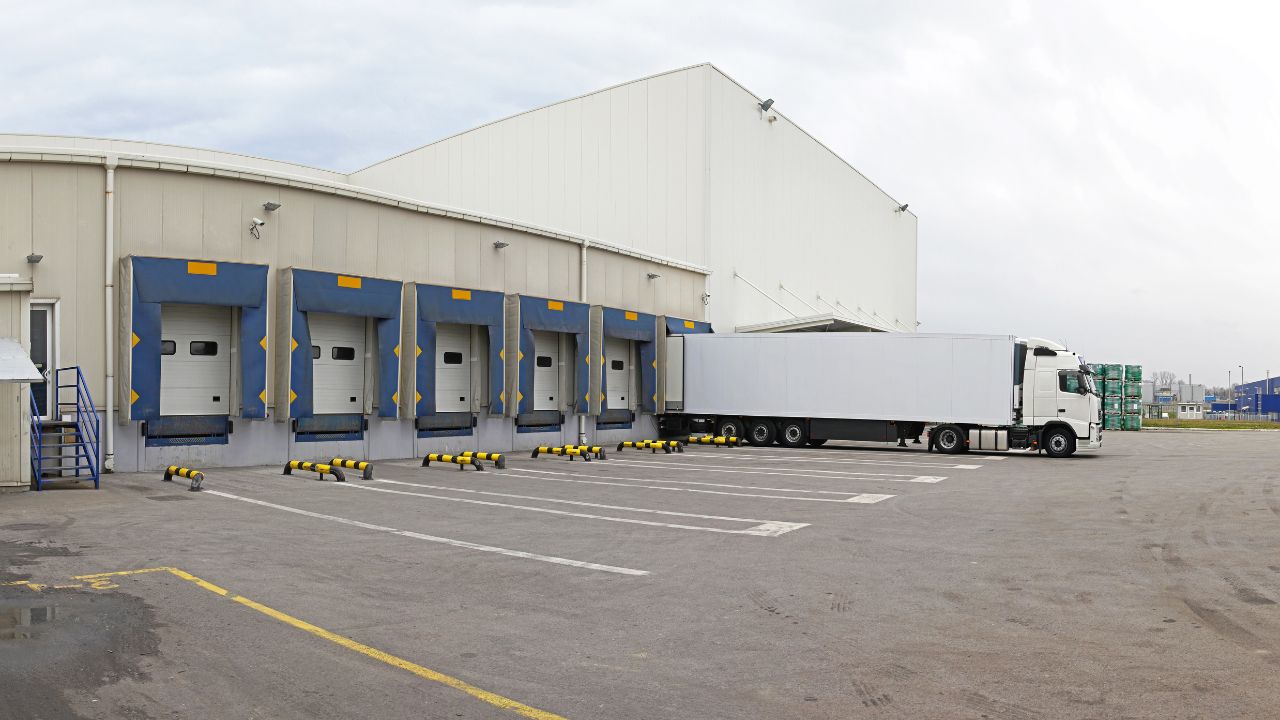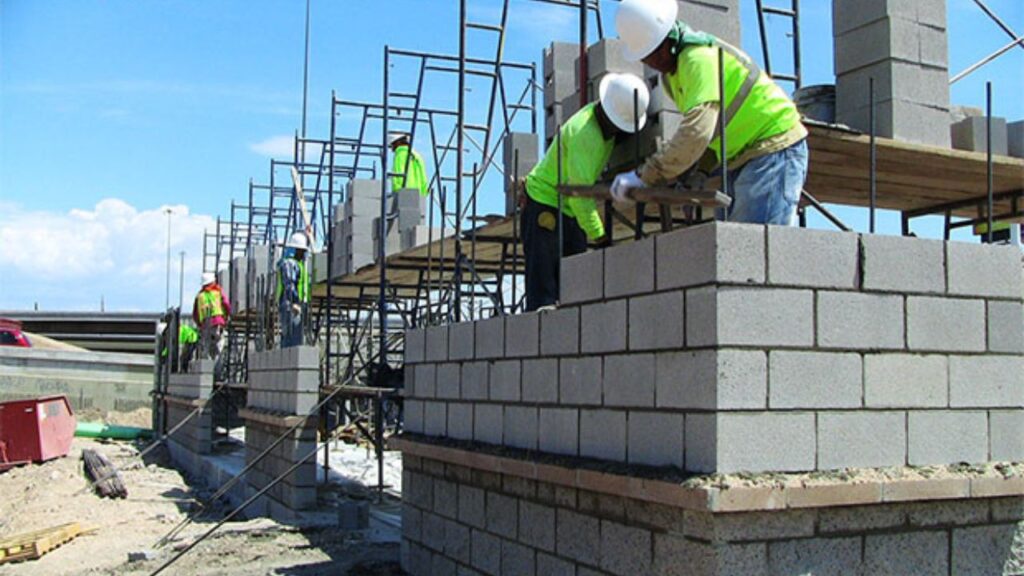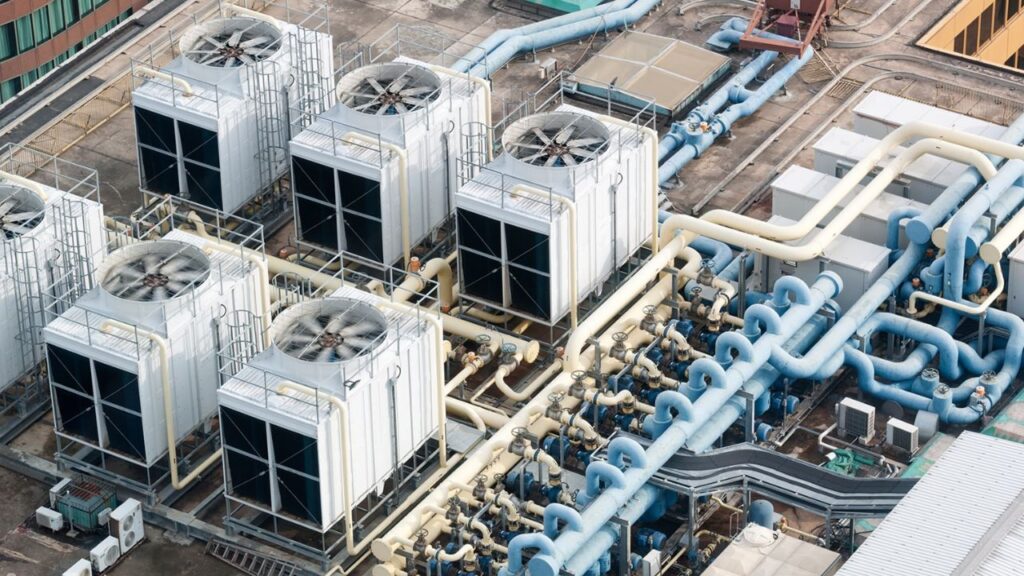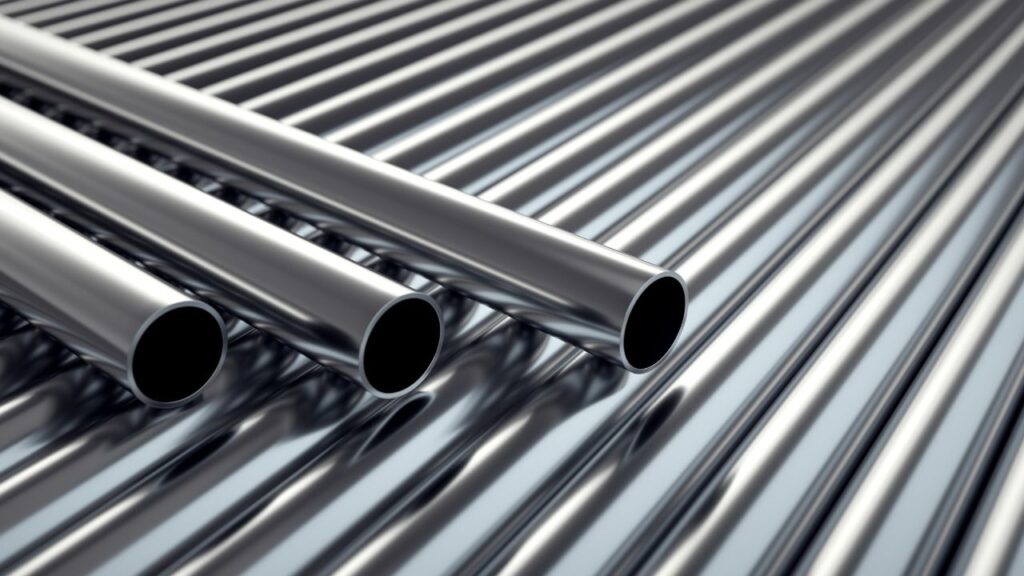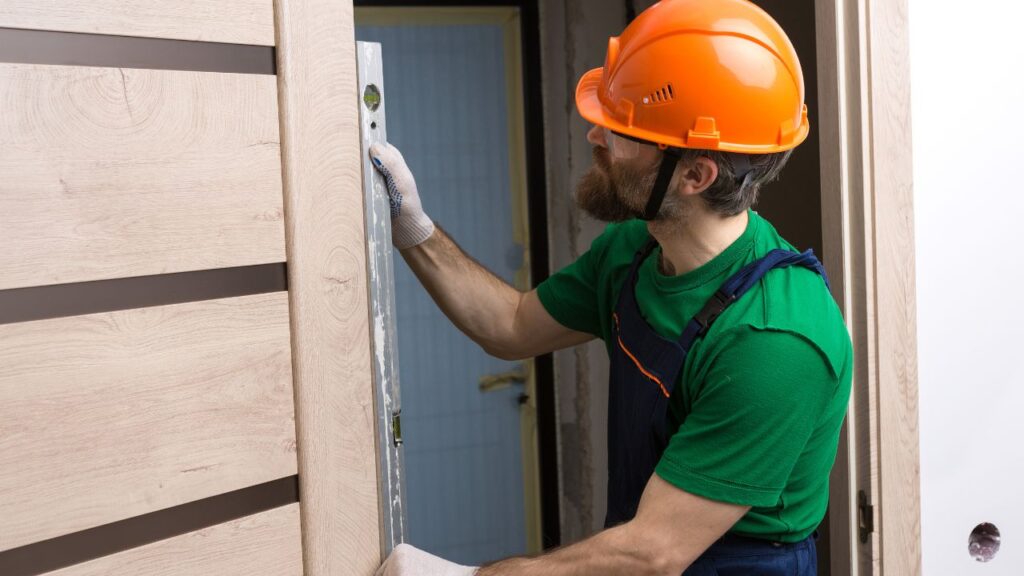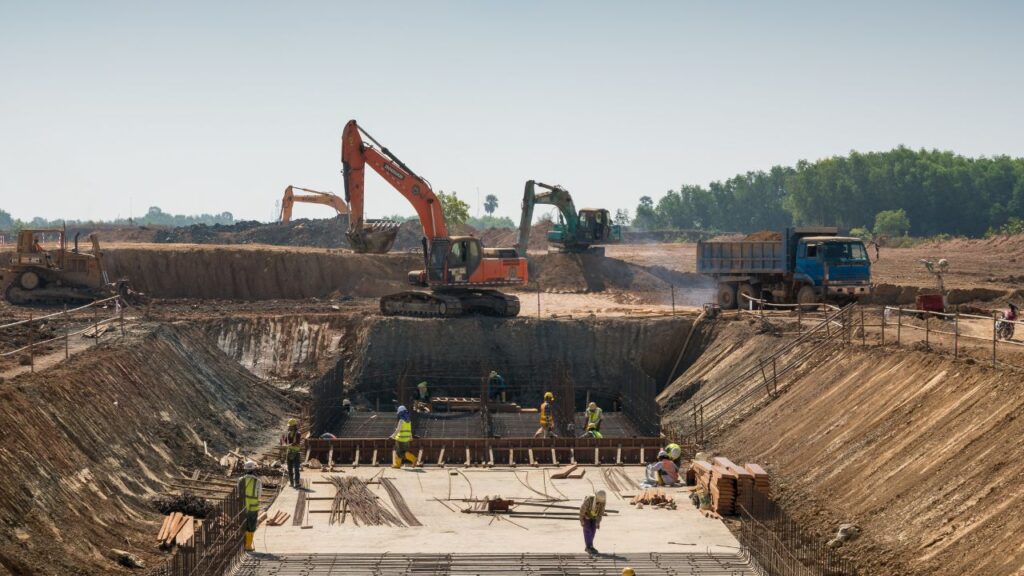The cost to repipe a house varies significantly, typically falling within the range of $1,500 to $15,000, with the national average hovering around $7,500. This cost is contingent upon various factors such as the size of the house, the materials used, and the complexity of the plumbing system. Factors like the number of bathrooms, the presence of slab foundations, and the accessibility of pipes can impact the overall expense. Additionally, geographical location and local labor rates play a role in determining the final cost. At Estimate Florida Consulting, we understand the importance of accurate budgeting. We provide detailed estimates tailored to your project, helping you make informed decisions about your repiping needs.
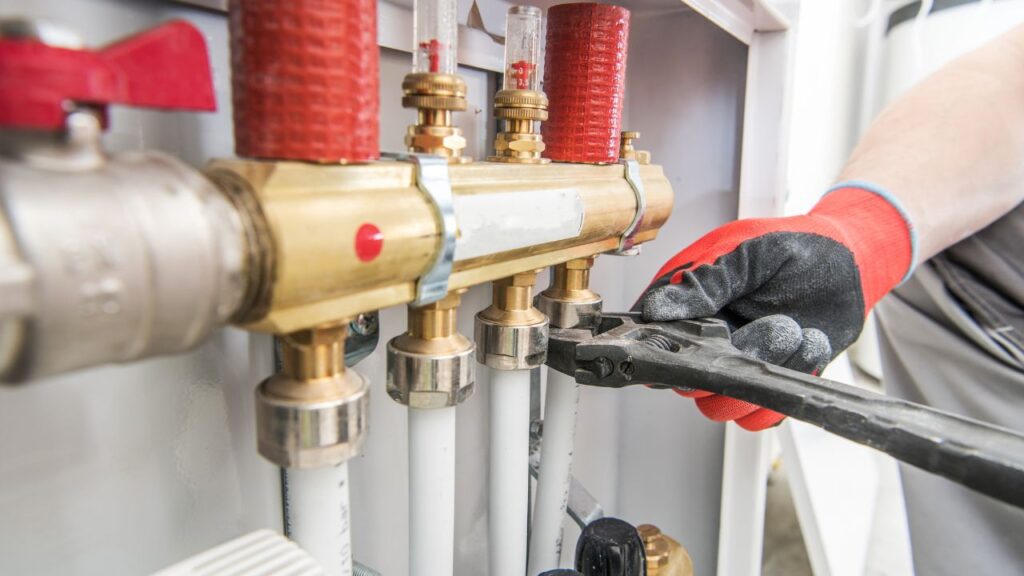
House Repiping Costs in Florida (2025)
For house repiping costs in Florida, expect $2-$8 per square foot installed in 2025, or $4,800-$28,800 for a typical 2,000-square-foot home, depending on size, materials, and complexity. Here’s what shapes the price:
- Size: A 1,000-square-foot home costs $2,000-$8,000; a 3,000-square-foot home hits $6,000-$24,000.
- Materials: Top repiping materials like PEX cost $0.80-$2.40 per foot; copper runs $3-$12 per foot.
- Prep: Repiping prep expenses like wall access or old pipe removal add $1,000-$5,000.
- Labor: Professional repiping services charge $45-$200 per hour, about 60-75% of the total.
- Extras: Water line replacement or permits add $500-$2,500.
Repiping vs. Alternatives
How does repiping compare? Here’s a 2025 Florida snapshot:
- Pipe Repair: $200-$800 per fix. Temporary for old systems.
- Partial Repiping: $1,000-$5,000. Good for isolated issues.
- Full Repiping: $2-$8 per square foot. Offers repipe longevity factors like 50-100 years of service.
Repiping’s repipe home benefits include better water quality and fewer leaks—ask us to compare options!
Repiping vs. Repairs
Spot fixes ($200-$800) work short-term, but repiping ($2-$8/sq ft) offers repipe home benefits like durability and peace of mind. Florida repiping challenges like hard water favor full upgrades—let us weigh your options!
Material Choices and Trends
Pipe material choices impact cost and performance:
- PEX: $0.80-$2.40/foot, flexible and budget-friendly.
- Copper: $3-$12/foot, durable but costly.
- CPVC: $0.75-$1.50/foot, heat-resistant yet less flexible.
Florida repiping trends lean toward eco-friendly piping options like PEX—ask about the latest!
Cost Factors in Repiping a House
The costs associated with repiping a house are influenced by various factors, with labor constituting approximately 75% of the total expenses. Undertaking the task of accessing and installing new piping within the walls and beneath the floors is a time-intensive endeavor. The size of the residence, the materials used, and other considerations contribute to the overall cost.
Size of the House
Larger homes typically feature more plumbing fixtures and necessitate longer pipe runs, resulting in higher repiping costs. Moreover, multi-story residences incur greater expenses compared to single-story houses, as additional piping material is required to connect plumbing fixtures across different floors.
Number of Plumbing Fixtures
The number of fixtures in a home, such as toilets, sinks, and showers, directly impacts repiping costs. More fixtures necessitate a greater amount of piping material, leading to expenses. Plumbing for bathrooms, in particular, can be expensive due to the labor-intensive process of precisely routing pipes, especially when altering the home’s layout.
Type of Pipe Material
The choice of pipe material—copper, CPVC, or PEX—significantly influences costs. Materials like copper may range from $3 to $12 per linear foot, whereas CPVC typically costs between $0.75 and $1.50 per linear foot. Local building codes may also dictate the permissible piping material.
Diameter of Piping
The size or diameter of pipes is another cost factor. Pipes designed for waste drainage are generally wider and more expensive than those used for water supply. Despite the larger diameter, drain pipes made of PVC remain more cost-effective than copper water supply lines.
Accessibility
The location of pipes within the structure affects costs, with pipes situated in challenging areas incurring higher expenses. Pipes beneath concrete, for example, are more difficult to access than those behind drywall, resulting in significantly higher removal and replacement costs.
Permits
Securing a permit is essential for most repiping projects, particularly when making significant plumbing modifications or installing new lines in a home. Permit requirements vary by location, but they are generally mandated to ensure the work complies with local building codes and safety regulations. Fees can range from $75 to $750, depending on the project’s scope, city regulations, and inspection requirements. Some municipalities may also require multiple permits if the repiping affects gas or sewer lines. Additionally, skipping permits can result in fines or complications when selling the property. Always check with local authorities or hire a licensed plumber to handle the permit process.

Labor
Labor constitutes a substantial portion of repiping costs, averaging around 85% of the total, or approximately $7,875. The labor-intensive process involves accessing pipes behind walls, repairing drywall, excavating concrete, repouring concrete, maneuvering pipes into tight spaces, sweating pipe connections, and installing new piping to relocate fixtures. Labor prices may vary by location, with higher-cost cities generally having higher labor rates to align with the cost of living.
- Whole-House Repiping
- Historic Home Plumbing Upgrade
- Converting Galvanized Pipes to PEX
- Improving Water Pressure Systems
- Lead Pipe Replacement
- Water Filtration System Installation
Costs of Repiping a Home Based on Material
The material chosen for repiping a house significantly influences the overall expenses. There are three primary pipe materials used, each with its unique characteristics and associated costs.
PEX Pipes
PEX pipes, short for cross-linked polyethylene pipes, offer flexibility compared to other types. They are resistant to corrosion and less prone to bursting in freezing conditions, a common issue with copper piping. Additionally, PEX pipes resist deterioration from scale and chlorine buildup. Among the more budget-friendly options, PEX piping ranges from $0.60 to $3 per linear foot.
CPVC Pipes
CPVC piping stands out as the most prevalent material in residential construction. While lacking the flexibility of PEX pipes, CPVC requires cemented joints for various angles, and these joints are typically stronger than those in copper piping. However, CPVC has a lower temperature limit compared to other materials. The cost of CPVC piping falls between $0.75 and $1.50 per linear foot.
Copper Pipes
Copper piping, although the most expensive option, boasts exceptional durability and resistance to bacteria. It can withstand even extreme natural disasters and remains unaffected by UV exposure. However, there is a risk of bursting if subjected to freezing temperatures, necessitating the installation of pipe insulation. The cost of copper piping ranges from $3 to $12 per linear foot.
Choosing the right material involves weighing the specific qualities of each type against the associated costs, ensuring a well-informed decision that aligns with both budget constraints and long-term durability requirements.
Additional Expenses to Consider During the Repiping of a House
Various supplementary factors can impact the overall cost of repiping a house, particularly when the removal of existing piping is necessary. Taking these additional costs into account is essential for creating a comprehensive and realistic budget.
Water Main Replacement
In certain instances, repiping a house entails the replacement of the water main, the line extending from your home to the street. Water main replacement typically incurs costs ranging from $900 to $3,750. Depending on local jurisdiction, the responsibility for water main replacement or maintenance may fall on the town, potentially allowing you to avoid this expense.
Drywall Repairs
Drywall repairs are an integral part of the repiping process, with costs ranging from $450 for minor repairs and DIY fixes to over $1,350 for more extensive projects or complete drywall replacement. Removal and repair or replacement of drywall are necessary during pipe replacement. Additionally, leaks or floods resulting from old pipes can cause damage, leading to more substantial repairs or complete drywall replacement.
90% More Chances to Win Projects With Our Estimate!
- Custom Plumbing Projects
- PEX Repiping
- Copper Repiping
- CPVC Repiping
- PVC Repiping
- Galvanized Steel Repiping
- HDPE Repiping
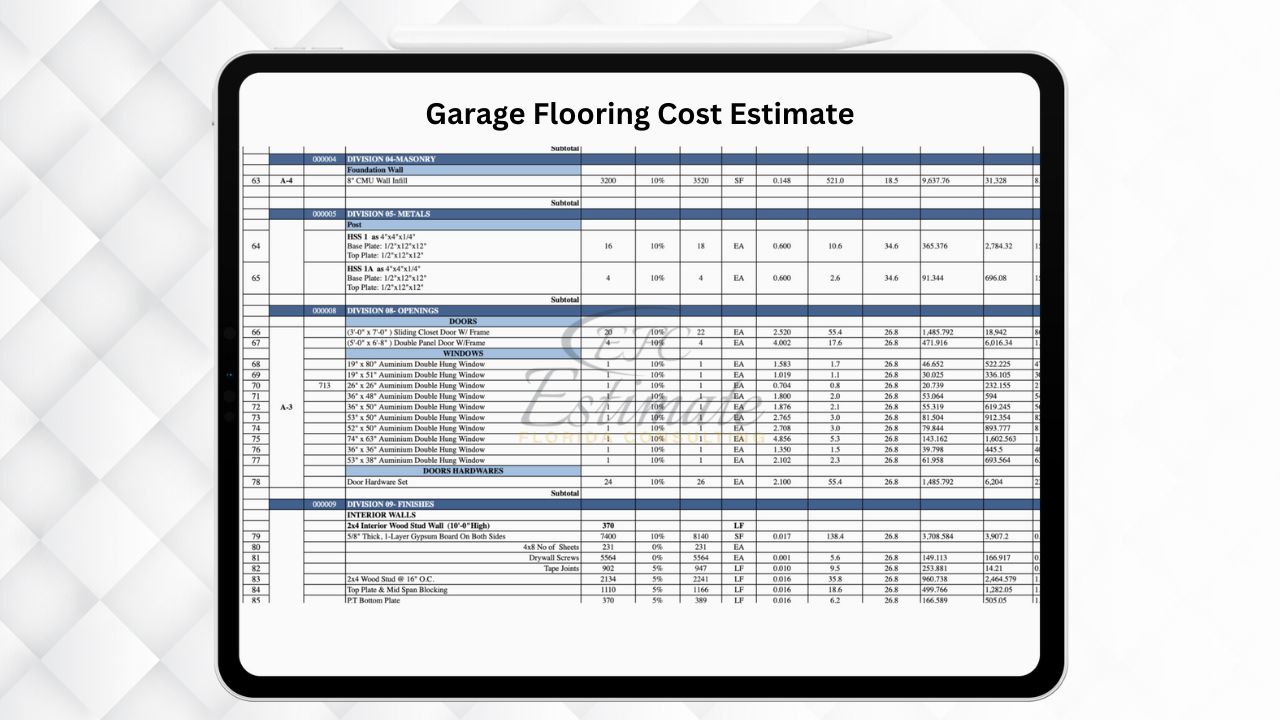
New Water Heater Installation
The replacement of a water heater adds an average cost of $1,275 to $2,625, often combined with pipe replacement. Tank water heaters range from $900 to $3,750, while tankless water heaters range from $1,800 to $5,250. Although tankless water heaters are pricier, they offer a longer lifespan and improved efficiency, potentially yielding long-term savings. Considering an upgrade to a tankless water heater during the repiping process can be cost-effective when performed concurrently by a plumber.
Soil Conditions
The condition of the soil surrounding your home can influence repiping costs, especially when dealing with buried lines such as water mains or underground pool and sprinkler lines. For instance, clay soil’s tendency to shift and move over time may necessitate more costly plumbing installations.
Mobile Home Repiping
Repiping a mobile home generally incurs lower costs compared to a standard house due to the reduced amount of piping. The average cost to replumb a mobile home falls within the range of $2,250 to $6,000.
Inspection Cost
f your municipality requires a permit for repiping, a post-work inspection is typically mandatory to verify that the installation meets local building codes and safety standards. In most cases, the initial inspection fee is included within the permit cost. However, if issues arise during the inspection, requiring corrections and a follow-up inspection, additional fees may apply, typically ranging from $37.50 to $225 per reinspection. Some cities also charge extra for missed inspection appointments or if the work is not ready for review at the scheduled time. To avoid unnecessary costs, ensure all plumbing work is completed correctly before the inspector arrives.
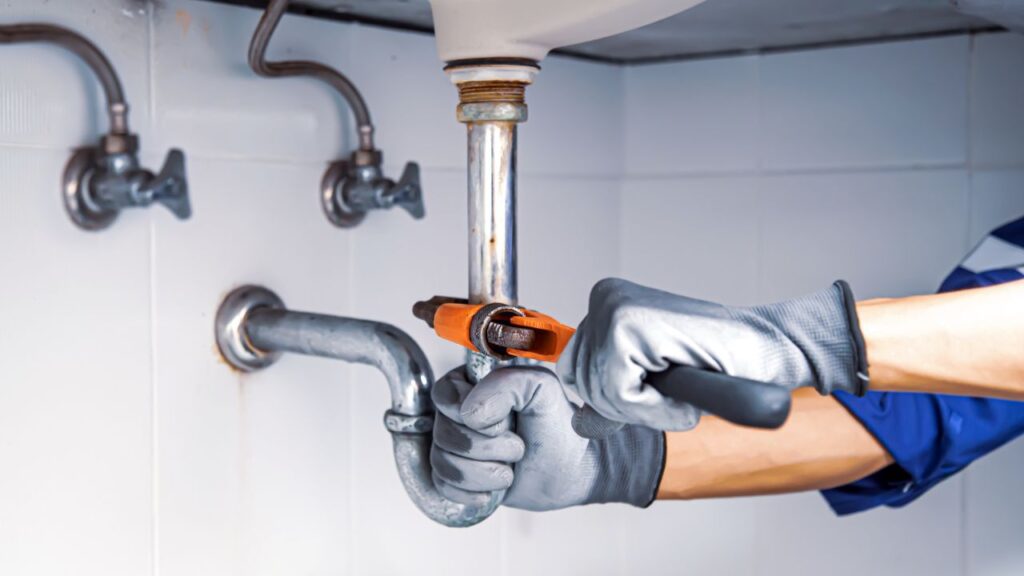
Indicators That Your Home Requires New Pipes
When you turn on the faucet and witness discolored water pouring out or detect an unusual smell emanating from the shower head during a shower, it’s crucial not to dismiss these signs. Even minor leaks can signify significant issues, indicating the need for new pipes.
Water Pressure Issues
Whether the water pressure is excessively high or uncharacteristically low, it could be a signal of potential problems. Low water pressure may point to blockages or leaks on your property, affecting the faucet’s performance. Conversely, high water pressure can stress the plumbing system, leading to pinhole leaks. If your water pressure isn’t optimal, it might be time to consider pipe replacements.
Contaminated Water
Discolored, strange-tasting, or odorous water may indicate contamination from deteriorating pipes or debris within them. Rust, for instance, can cause water to turn brown, orange, red, or yellow, emitting a smell reminiscent of rotten eggs. If discoloration occurs momentarily after turning on the faucet, recent city water line work may be the cause. However, persistent issues with both hot and cold water could signify pipe problems, necessitating potential repiping.
Visible Pipe Damage
Easily accessible pipes under sinks, behind toilets, or around the exterior of the home should be inspected regularly. Cracks, leaks, corrosion, or any visible damage to these pipes are clear indicators that replacements are necessary.
Recurring Leaks
Repeatedly patching up leaks or replacing small sections that continue to drip may suggest internal deterioration of the pipes. Persistent leaks throughout the house are a strong indication that repiping is likely the best solution.
Water Temperature Fluctuations
Inconsistent water temperatures, shifting abruptly from warm to freezing cold or piping hot, can be unpleasant. While this could be attributed to issues with pressure-balancing valves or the water heater, it might also stem from corrosion or buildup within the pipes. Consulting a plumber to identify the problem is essential, and repiping might emerge as the optimal solution.
Old Pipes
A plumbing inspection revealing the presence of galvanized or lead pipes, or pipes exceeding 60 years and approaching the end of their lifespan, signifies that your home is overdue for a comprehensive pipe replacement. Addressing these concerns promptly ensures the integrity and functionality of your home’s plumbing system.
Beyond Homes: Repiping Other Spaces
Repiping isn’t just residential—consider:
- Restaurants: A 5,000-square-foot Key West repipe costs $10,000-$40,000, leak-free.
- Warehouses: A 20,000-square-foot Orlando job runs $40,000-$160,000, robust for storage.
- Offices: A 2,000-square-foot Daytona repipe hits $4,000-$16,000, efficient and modern.
Our estimator adapts—try it now!
Costs of DIY Whole House Repiping
When considering the expenses associated with repiping an entire house on your own, labor emerges as the predominant cost factor, typically constituting approximately 70% of the overall expenditure. Opting for a do-it-yourself (DIY) approach would entail solely covering the cost of the piping material, which would average around $2,550. Nevertheless, undertaking this task without the requisite expertise, especially if you lack experience as a plumber, is strongly discouraged.
Repiping an entire house demands advanced skills in waste elimination, plumbing, and water connections. Any inaccuracies in the installation of even a single pipe can result in potentially exorbitant leaks and consequential water damage over time. Consequently, this is a project that unequivocally calls for the services of a professional plumber.
While the allure of saving on labor costs may be enticing, the complexity and potential risks associated with repiping necessitate the knowledge and proficiency of a trained professional. Hiring a skilled plumber ensures the meticulous execution of the project, minimizing the likelihood of future issues and safeguarding your home from costly repairs.
Real-World Examples: Repiping Across Florida
Our estimator scales to any project. See these examples reflecting Florida repiping trends:
A 2,000 sq ft Coffee Shop in Sarasota
Repiping a 2,000-square-foot Sarasota coffee shop with PEX costs $4,000-$16,000 ($2-$8/sq ft). Repiping prep expenses for fixture access add $1,000-$3,000. Sarasota’s small-business growth favors custom repiping solutions—add an epoxy floor ($5-$12/sq ft) for flair.
A 10,000 sq ft Retail Strip Mall in Miami
A 10,000-square-foot Miami strip mall repipe with copper runs $60,000-$120,000 ($6-$12/sq ft). Miami’s hard water and codes need heavy-use plumbing upgrades, with wall work costing $5,000-$15,000. Pair with a gravel lot ($1.50-$4/sq ft) for value.
A 50,000 sq ft Distribution Center in Jacksonville
A 50,000-square-foot Jacksonville warehouse repipe with PEX costs $100,000-$400,000 ($2-$8/sq ft). Its repipe longevity factors suit industrial use, with minimal prep keeping costs low. Jacksonville’s logistics hub benefits from commercial repiping costs—add insulation ($1.20-$5.40/sq ft).
FAQs for Repipe House Cost
The cost to repipe a house can vary significantly, ranging from $1,500 to $15,000. The national average is approximately $7,500. The final cost depends on factors such as house size, materials used, plumbing system complexity, and geographic location.
Several factors influence repiping costs, including the size of the house, the number of plumbing fixtures, type of pipe material, diameter of piping, accessibility of pipes, permit fees, and labor expenses.
Larger homes with more plumbing fixtures and multi-story residences generally incur higher repiping costs due to longer pipe runs and increased material requirements.
The type of pipe material, such as PEX, CPVC, or copper, significantly influences costs. Each material has unique characteristics, durability, and associated expenses.
The three primary materials for repiping are PEX, CPVC, and copper. PEX is budget-friendly, CPVC is prevalent in residential construction, and copper, while expensive, offers exceptional durability.
Additional expenses may include water main replacement, drywall repairs, new water heater installation, soil conditions, mobile home repiping, and inspection costs.
Indicators that your home may need repiping include water pressure issues, contaminated water, visible pipe damage, recurring leaks, water temperature fluctuations, and the presence of old pipes.
DIY repiping costs primarily involve the price of piping material, averaging around $2,550. However, DIY repiping is discouraged due to the complexity and potential risks associated with the task.
Repiping requires advanced skills in waste elimination, plumbing, and water connections. Hiring a skilled plumber ensures meticulous execution, minimizes the risk of future issues, and safeguards your home from costly repairs.
Estimate Florida Consulting provides detailed estimates tailored to your project, helping you make informed decisions about your repiping needs. Our goal is to assist you in accurate budgeting for your repiping project.
Conclusion
The cost to repipe a house is a multifaceted consideration influenced by factors such as the property’s size, plumbing materials, and labor expenses. With national averages ranging from $1,500 to $15,000, accurate budgeting is essential. Factors like the number of plumbing fixtures, pipe material, diameter, and accessibility contribute to the overall expense. Material choices, including PEX, CPVC, or copper, each come with distinct costs and attributes. Additional expenses, such as water main replacement and drywall repairs, can impact the budget. Recognizing indicators of pipe issues is crucial for timely replacements. While DIY costs may seem appealing, professional plumbing services ensure a meticulous and secure repiping process, minimizing potential risks and safeguarding the home from future repairs.
Comprehensive Trade-Specific Estimates
At Estimate Florida Consulting, we offer detailed cost estimates across all major trades, ensuring no part of your project is overlooked. From the foundation to the finishing touches, our trade-specific estimates provide you with a complete and accurate breakdown of costs for any type of construction project.
Google Reviews






